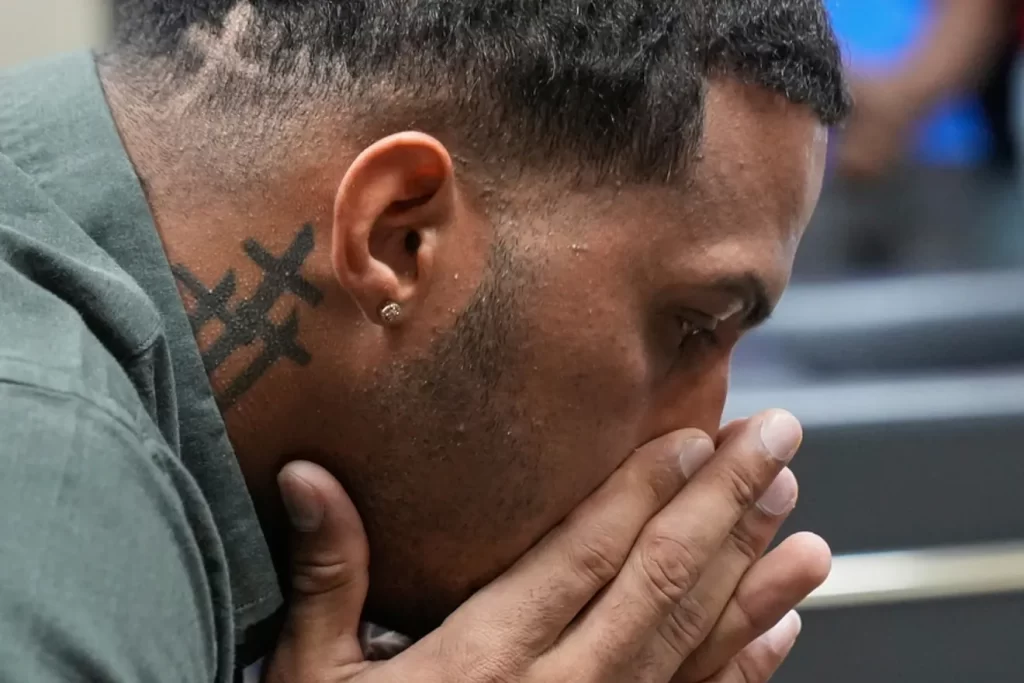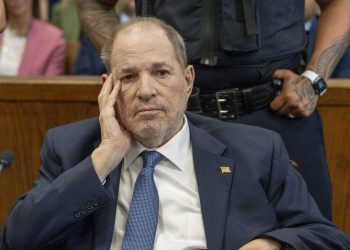A Franchise at a Crossroads
On June 18, 2025, the Tampa Bay Rays’ future took a dramatic turn as reports surfaced that owner Stu Sternberg is in exclusive talks to sell the franchise to Jacksonville-based entrepreneur Patrick Zalupski. This development, coupled with the team’s temporary relocation to George M. Steinbrenner Field for the 2025 season due to Hurricane Milton’s damage to Tropicana Field, has fueled speculation about a potential move to a new city. The Tampa Bay Rays relocation rumors have stirred anxiety among fans, with cities like Nashville and Charlotte emerging as possible destinations. This article dives into the ownership talks, the team’s uncertain future, and what it means for Tampa Bay’s baseball legacy.
The Ownership Shift: Sternberg to Zalupski
Exclusive Sale Negotiations
Stu Sternberg, who has owned the Rays since 2005, is reportedly negotiating with Patrick Zalupski, a Jacksonville home builder, to sell the franchise. The talks, confirmed on June 18, 2025, are exclusive, signaling serious intent. While the sale price remains undisclosed, the franchise’s value is estimated at $1.3 billion, reflecting its competitive history despite modest market size. Zalupski’s involvement has sparked hope among some fans for fresh investment but also fear that a new owner might push for relocation.
Sternberg’s Tenure
Under Sternberg, the Rays transformed from perennial losers to a model of small-market success, reaching the World Series in 2008 and 2020 and posting a .535 winning percentage since 2008, per MLB records. However, persistent stadium issues and low attendance—averaging just 15,419 fans per game in 2024, the third-lowest in MLB—have dogged his ownership. The failure of a planned $1.3 billion stadium in St. Petersburg’s Gas Plant District, announced dead on March 13, 2025, further clouded the team’s future in Tampa Bay.
Relocation Rumors: Is Tampa Bay Losing Its Rays?
Hurricane Milton’s Impact
Hurricane Milton’s devastation of Tropicana Field in October 2024 forced the Rays to relocate home games to George M. Steinbrenner Field, a 10,046-seat spring training facility in Tampa, for the 2025 season. The damaged stadium, with its roof torn apart and flooding issues, served as a staging area for first responders post-hurricane but is unplayable for now. This temporary move has intensified speculation about a permanent exit from the Tampa Bay area, as the team lacks a long-term home.
Potential New Homes
While MLB Commissioner Rob Manfred has expressed a desire for the Rays to stay in Tampa Bay, alternative cities have emerged as contenders:
- Nashville: Long considered a prime candidate for MLB expansion, Nashville’s growing population and corporate base make it an attractive option. Its music and sports culture could support a relocated Rays franchise.
- Charlotte: Though less likely, Charlotte has been mentioned as a dark-horse candidate due to its proximity to existing fan bases and economic growth.
- Jacksonville: Zalupski’s hometown has been floated, but its smaller market size and lack of MLB-ready infrastructure make it a long shot.
Fans are nervous, with some expressing on social media that a move to Nashville feels “inevitable” given the city’s buzz as a sports hub. Others hold out hope for a Tampa Bay solution, citing the team’s deep roots in the region.
The Bigger Picture: Challenges and Opportunities
Tampa Bay’s Stadium Saga
The Rays’ stadium woes are decades in the making. Tropicana Field, built in the late 1980s to lure an MLB team, has been criticized for its outdated design and St. Petersburg location, which limits accessibility for Tampa fans. Efforts to build a new ballpark, including a 2023 plan for a $1.3 billion stadium opening in 2028, collapsed due to funding disputes. The Rays’ temporary move to Steinbrenner Field, while practical for 2025, raises logistical concerns for playoffs, as its small capacity could limit ticket availability and postseason revenue.

Playoff Prospects and Team Performance
Despite off-field uncertainty, the Rays remain competitive, with 2025 playoff odds rising from 37.7% preseason to 71.2% by late June. A strong first half, led by a first-base Mexican player earning a starting role, has positioned the team for a potential wild-card berth. However, playing postseason games at Steinbrenner Field poses challenges, including reduced gate receipts and broadcasting complexities for an ALCS or World Series.
Fan Sentiment and Community Impact
The Tampa Bay Rays relocation rumors have split fans. Some argue a move to a larger market could boost attendance and revenue, while others see it as abandoning a loyal, if small, fanbase. The team’s history, from its 1998 debut as the Devil Rays to its 2008 rebrand, is tied to Tampa Bay’s identity. A potential exit would be a blow to local pride, especially after the region rallied around the team during Hurricane Milton recovery efforts.
FAQ: Key Questions Answered
Why are the Tampa Bay Rays considering relocation?
Hurricane Milton’s damage to Tropicana Field and the failure of a new stadium deal have fueled speculation. Owner Stu Sternberg’s talks to sell to Patrick Zalupski add uncertainty, with cities like Nashville and Charlotte mentioned as possible new homes.
Who is Patrick Zalupski?
He’s a Jacksonville-based home builder in exclusive negotiations to buy the Rays from Stu Sternberg, potentially reshaping the franchise’s future.
Where will the Rays play in 2025?
Due to Tropicana Field’s damage, the Rays will play their 2025 home games at George M. Steinbrenner Field in Tampa, a 10,046-seat spring training facility.
Could the Rays stay in Tampa Bay?
MLB Commissioner Rob Manfred wants the Rays to remain, but without a new stadium deal, relocation remains a real possibility. Fan support and local investment could sway the outcome.
A Pivotal Moment for the Rays
The Tampa Bay Rays relocation rumors and potential ownership change mark a turning point for the franchise. Stu Sternberg’s talks with Patrick Zalupski, combined with Tropicana Field’s damage and the collapse of a new stadium plan, have left the team’s future in Tampa Bay uncertain. While the Rays remain competitive on the field, with a shot at the 2025 playoffs, off-field challenges loom large. Fans are torn between hope for a local solution and fear of losing their team to Nashville or beyond. As the sale process unfolds, the Rays’ legacy as a scrappy, innovative franchise hangs in the balance, with Tampa Bay’s baseball future at stake.







